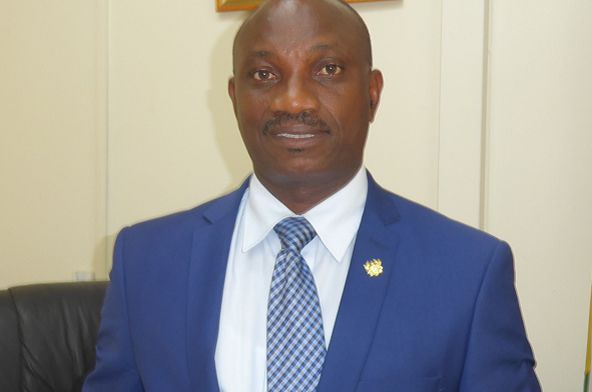
Cabinet gives approval for all workers to contribute towards pension
The Cabinet has given approval for a road map to be developed to unify all pension schemes in the country by 2021.
A Deputy Minister of Employment and Labour Relations, Mr Bright Wereko-Brobby, said the unification would ensure that officers of some security services whose pension contributions were currently borne by the government would start paying pension contributions from their earnings.
Such officers are from the Ghana National Fire Service (GNFS), the Ghana Police Service and the Bureau of National Investigations (BNI).
The only exemption under the law affected the men and officers of the Ghana Armed Forces (GAF), whose pension contributions would still be paid by the state, he said.
PAC sitting
Mr Wereko-Brobby was speaking at the sitting of the Public Accounts Committee (PAC) of Parliament in Accra on monday.
He was at the sitting with the Chief Executive Officer (CEO) of the National Pensions Regulatory Authority (NPRA), Mr Hayford Attah Krufi, to respond to queries raised in the 2016 Auditor-General's Report about the NPRA.
The new national pension scheme was instituted by the National Pensions Act, Act 766, to ensure that every Ghanaian worker receives retirement benefits that are enough to support him or her during the period he or she is not engaged in active employment.
Background
Act 766, passed on December 12, 2008, mandated the establishment of a new contributory Three-Tier Pension Scheme, with the NPRA to oversee the efficient administration of the composite pension scheme.
It aims to provide pension benefits to ensure retirement income security for workers; ensure that every worker receives retirement benefit as and when due, and establish a uniform set of rules and standards for the administration and payment of retirement and related benefits to workers.
Fairness
Mr Wereko-Brobby said many categories of workers paid their own pension contributions, while others depended on the state.
He said Act 766 sought to ensure fairness in the payment of pension contributions, which the unification of schemes would achieve, since virtually all workers would pay their pension contributions.
“At the moment, there are some categories of staff who do not contribute to their pension but are being paid. This is problematic. Actuarial studies by the Social Security and National Insurance Trust (SSNIT) and NPRA have shown that the pension regime cannot be sustained as a country.
"It is also to ensure equity and fairness. We must have standards in contributing to our own pension. So if we unify, it will inure to the benefit of everyone and the nation at large,” he said.
Stakeholder engagement
Mr Wereko-Brobby said the current pension regime was too fragmented, hence the need for the unification.
He said once the Cabinet had given approval for the unification process, the NPRA would engage with stakeholders, including SSNIT, to discuss the road map for the implementation of the unification process and explain the rationale for the unification.
“We ought to take our time and look at the institutions involved. Once the Cabinet has given the approval, it is now left with the NPRA and the committee working on it to really put in place measures, and it involves meeting stakeholders.
"It is not something that can be done overnight, and so month by month some kinds of engagement are going on. For example, Parliament has some form of pension regime and we have to engage Parliament and others like the Audit Service; all these institutions must be engaged. So hopefully we should look at between now and 2021; we should have a solid kind of unification,” he told journalists after the sitting of the PAC.
For his part, Mr Krufi said the law mandated the NPRA to ensure that everyone under the formal sector came under the three-tier system, which was what the unification process was about.
He said the NPRA had to engage institutions that fell under the non-contributory system.
